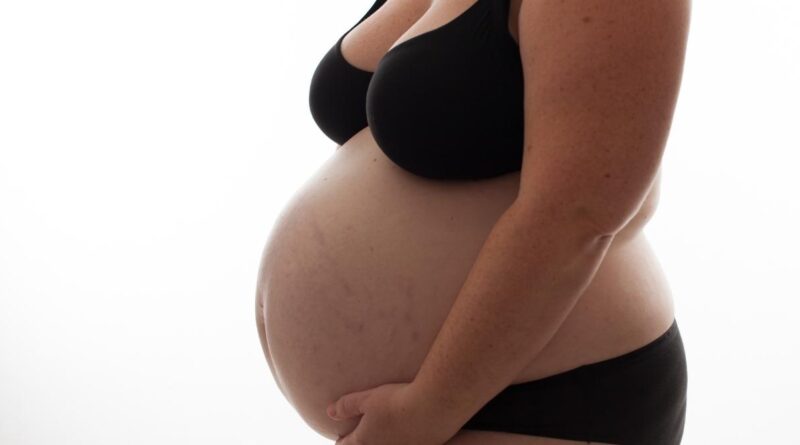Pregnancy may shape your body image, study finds
Pregnancy can affect your body—and how you perceive it. But a new study shows that perceptions of body image in pregnancy vary depending on the individual; some women have a positive body image while pregnant and others may not, while yet others have no real shift in body image. Overall, there’s no one universal body image experience in pregnancy, and it could even vary by pregnancy. (Which is why it’s important to never comment on a woman’s body—in pregnancy or otherwise.)
The study was published on Oct. 4 in BMC Pregnancy and Childbirth, and has discovered large variations in how pregnancy can affect women’s perceptions of their own body, including experiences of negative body image.
When researchers from Anglia Ruskin University (ARU) and the University of York examined 17 studies with data from 5,200 responses from pregnant women and 4,172 women who weren’t expecting, they found that study participants’ body dissatisfaction (how unhappy or critical a person feels about their body) in pregnant women was not significantly different than in women who weren’t pregnant. However, individual studies varied a lot—some found pregnant women felt better about their bodies, some found they felt worse, and others found no significant change. The researchers say body image during pregnancy is made up of many factors formed from people’s individual experiences—some are positive, others are negative.
There are two main theories about how pregnancy might influence a woman’s body image. One suggests that since pregnancy can make a woman’s body look different from society’s “ideal” standards, it might lead to more dissatisfaction. The other theory believes that pregnancy could make women feel liberated from these standards, and also help them focus on how their body is working to prepare them for motherhood and care for their babies—and thus feel better about their bodies. This review suggests that neither theory clearly wins out, indicating that women’s experiences with body image during pregnancy are individual and complex.
Making general assumptions or believing that all pregnant women feel a certain way about their bodies is far from accurate.
But examining body image in pregnancy can have larger impacts. “It is important to understand how pregnancy may impact body image dissatisfaction because this may have implications on a woman’s mental health, and as pregnancy is a period of a woman’s life in which there is enhanced risk for mental illness, research suggests that body image dissatisfaction can moderate this,” write the study authors.
Negative body image in pregnancy can lead to depression and anxiety before and after birth, and maternal mental health challenges may lead to poor emotional, cognitive and behavioral outcomes for the child—and impact how mothers bond with their infants.
Related: A love letter to my postpartum body
Having a negative body image could also spur some to turn or return to disordered eating behaviors, which also may have negative impacts on the developing baby, such as low birth weight and premature birth.
“What our study has found is there is no universal experience during pregnancy, and so we shouldn’t assume how people feel,” Anna Crossland, a PhD student at University of York and lead author of the study, said in a statement. “Pressures about how we look are still felt by some people during pregnancy and it is much more helpful to ask how someone is, rather than commenting on their appearance.”




